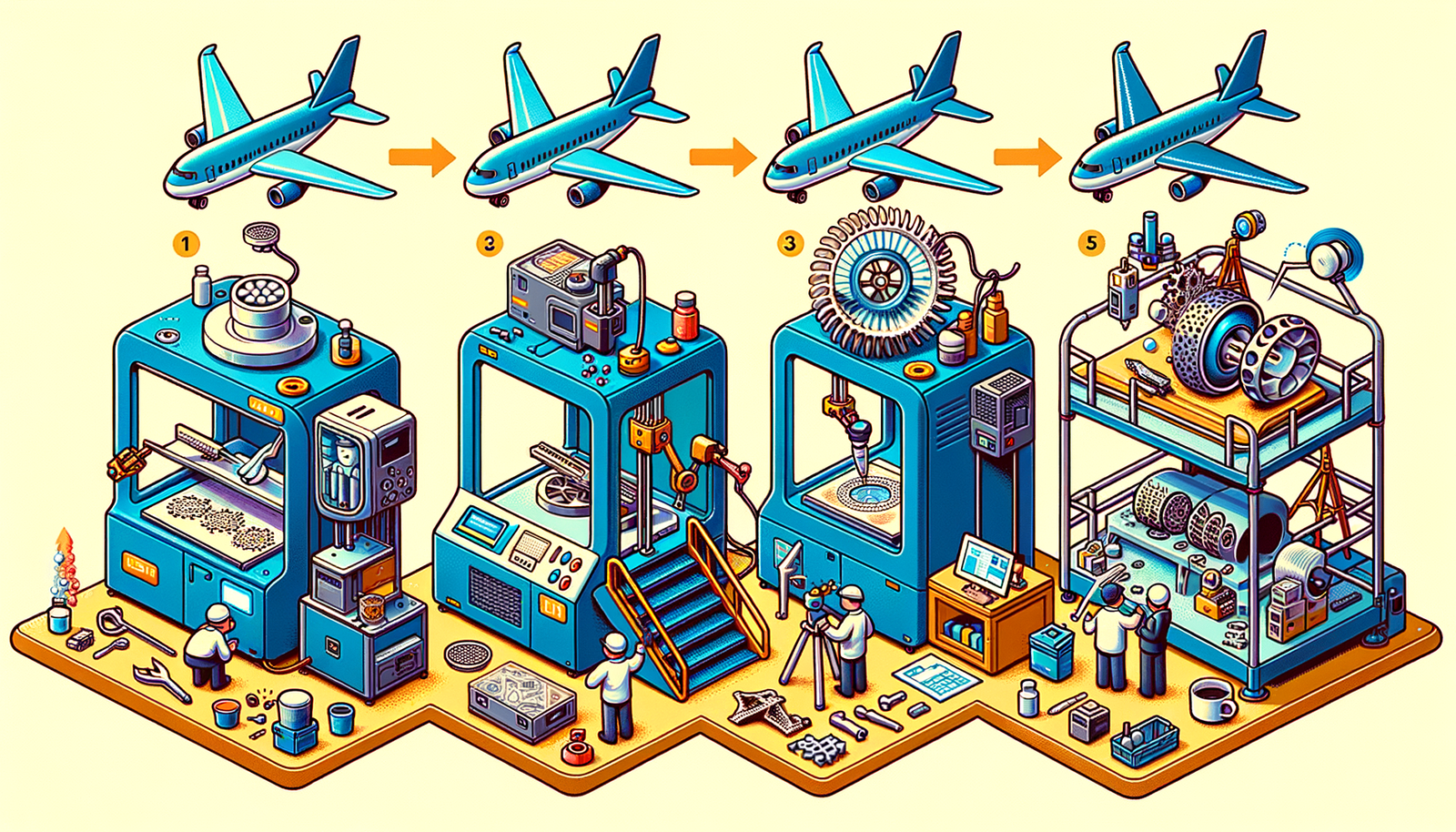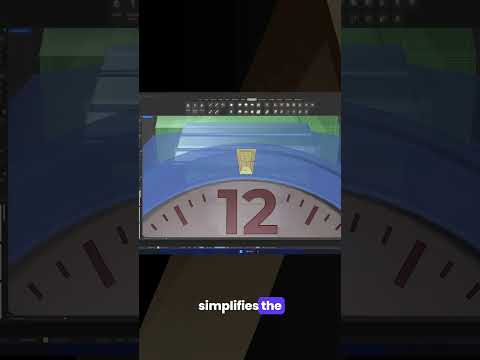Your Cart is Empty
Customer Testimonials
-
"Great customer service. The folks at Novedge were super helpful in navigating a somewhat complicated order including software upgrades and serial numbers in various stages of inactivity. They were friendly and helpful throughout the process.."
Ruben Ruckmark
"Quick & very helpful. We have been using Novedge for years and are very happy with their quick service when we need to make a purchase and excellent support resolving any issues."
Will Woodson
"Scott is the best. He reminds me about subscriptions dates, guides me in the correct direction for updates. He always responds promptly to me. He is literally the reason I continue to work with Novedge and will do so in the future."
Edward Mchugh
"Calvin Lok is “the man”. After my purchase of Sketchup 2021, he called me and provided step-by-step instructions to ease me through difficulties I was having with the setup of my new software."
Mike Borzage
Exploring the Potential of Quantum Computing in Design and Simulation: A Future of Enhanced Efficiency and Innovation
July 24, 2024 2 min read


Introduction to Quantum Computing in Design
Quantum computing represents a significant leap forward in computational capabilities, utilizing the principles of quantum mechanics to process information. Unlike classical computing, which relies on bits to perform calculations linearly, quantum computing uses qubits that can exist in multiple states simultaneously. This fundamental difference enables quantum computers to solve complex problems much more efficiently than their classical counterparts. The potential impact of such technology on the design software industry is profound, promising to radically enhance simulation capabilities, data processing, and overall design workflows.
Quantum Computing and Its Application in Design Processes
Quantum computing's unique capabilities provide an opportunity to significantly enhance simulation capabilities across various aspects of design, from engineering and architecture to product visualization. By enabling the processing of vast datasets and complex simulations at unprecedented speeds, quantum computing can offer:
- Accelerated complex simulations in engineering, architecture, and product design, reducing time from initial concept to prototype.
- Significantly faster processing of big data for generative design, allowing designers to explore a wider array of design solutions and optimize for the best outcomes.
Challenges and Opportunities
Despite its potential, the integration of quantum computing within the design software industry faces several technical and practical challenges. Hardware accessibility remains a significant barrier, with truly powerful quantum computers still beyond the reach of most businesses and individuals. Additionally, the shift towards quantum computing necessitates the development of new programming paradigms and user interfaces tailored to the unique nature of quantum computation.
However, these challenges are accompanied by considerable opportunities for innovation. Quantum computing has the potential to:
- Revolutionize additive manufacturing and materials science by predicting material properties and outcomes with high accuracy, leading to stronger, lighter, and more efficient materials.
- Significantly enhance the capabilities of AI and machine learning in design automation, enabling more sophisticated and intelligent design systems.
Future Perspectives and Conclusion
Current research and development efforts in quantum computing are pushing the boundaries of what's possible in design and simulation. Though mainstream adoption may still be on the horizon, the potential timeline for quantum computing to become a staple in design software is an exciting prospect. Designers, engineers, and architects can prepare for the quantum computing revolution by staying informed about advances in quantum technology and beginning to think about how their work processes can adapt to leverage these new capabilities.
In conclusion, the transformative potential of quantum computing in reshaping the landscape of design and simulation is immense. As the technology matures and becomes more accessible, it promises to unlock new levels of efficiency, accuracy, and creativity in design processes, heralding a new era of innovation across multiple disciplines.
Also in Design News

Design Software History: The Evolution of 3D Printing in Aerospace: From Prototyping to Production
November 27, 2024 7 min read
Read More
Cinema 4D Tip: Optimizing Workflow with Team Render in Cinema 4D
November 27, 2024 2 min read
Read MoreSubscribe
Sign up to get the latest on sales, new releases and more …



